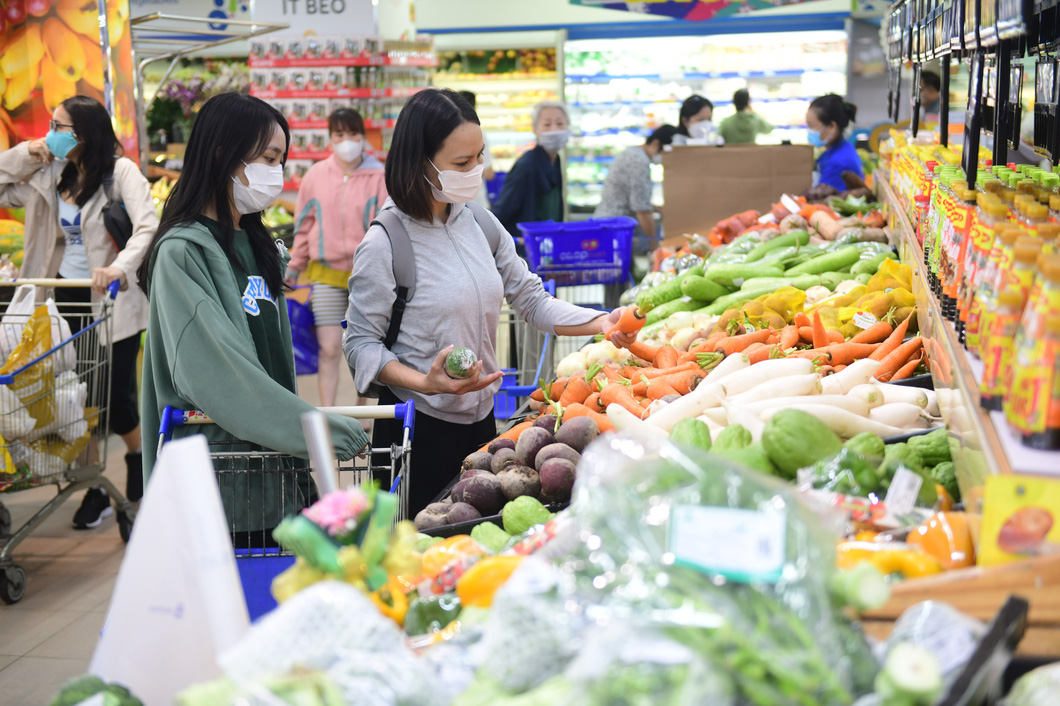The Vietnamese retail market will make greater strides in the near future to catch up with the global development trend, said Nguyen Anh Duc, chairman of the Association of Vietnam Retailers.
The retail industry is expected to reach the popularity of digital stores, automated stores, and cashless payment.
The application of Big Data, data analytics, and artificial intelligence will drive up the Vietnamese retail market, Duc said.
Over the past few years, Vietnam’s retail industry has become more attractive to foreign investors, mainly due to the country’s population of 100 million people and the weak participation of modern retailers.
As such, the potential of the retail sector in the Southeast Asian nation remains high.
Besides, the Vietnamese retail market opened its door early, kickstarting economic development, as well as access to modern tools and technologies for growth.
Government agencies, especially the Ministry of Industry and Trade, have thrown their weight behind projects geared up to boost the diversity and development of the retail market.
Customers’ quick adaptation and good combination of various fields have backed the retail industry, he said.
Aside from multiple advantages and potential for the retail development, the retail expert pinpointed some challenges facing the industry.
The local retail market lacks large-scale retailers and major e-commerce suppliers to create a huge source for a stronger retail ecosystem.
In addition, domestic retailers are inferior to foreign retail firms, he noted.
Due to these challenges and falling consumption, the leader of the association urged retailers to adopt appropriate measures and leverage the government’s preferential policies and incentives to thrive.
Retailers should quickly lower prices to promote consumption following a cut in value-added tax.
The government had earlier submitted a plan to lower the value-added tax from 10 percent to eight percent for certain goods and services this year to boost consumption and economic growth to Vietnam’s lawmaking National Assembly.
Moreover, retailers should join hands to offer a nationwide promotional program to effectively beef up consumption.
Speaking of the competition between domestic retailers and foreign ones, Duc urged local firms to actively upskill themselves, improve business models, and employ advanced technology.
The competition helps build a sustainable retail market, he added.
He said that domestic firms have an advantage over foreign retailers in profoundly understanding local consumers, so they should offer practical programs to lure customers.
Co.opFood is an efficient earner for Saigon Co.op, he said, adding that the launch of the mini-supermarket chain was meant to specialize in providing food and serve residents in residential areas and apartment buildings.
At that time, the local market saw various retail models operate, but a food-selling point was rare.
As such, Co.opFood was a pioneer, said Duc, who is also general director of Saigon Co.op.
“In the retail field, a firm which understands its strength, promotes it, and focuses on one model will fly higher,” Duc underscored.
Like us on Facebook or follow us on Twitter to get the latest news about Vietnam!
















































